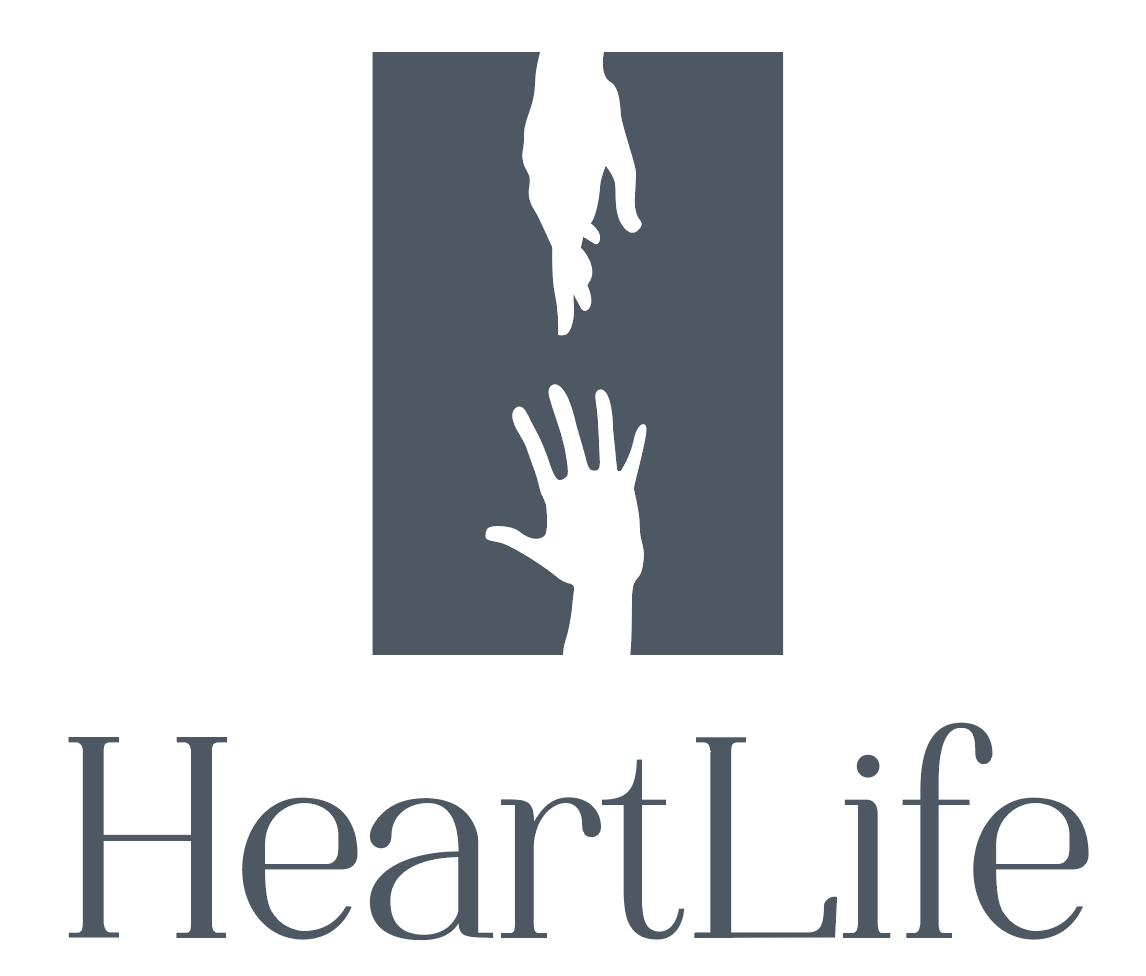Retraining our Brains and Bodies to Thrive, Not Just Survive
By Cammie Easley, LPC, MHSP-S, Director of Child & Adolescent Services
Did you know that when we experience trauma, the experience takes up residence in our bodies? As leading trauma researcher Bessel van der Kolk states, “The body keeps the score.” Studies have shown that trauma changes our fascia and resides in our very cells. It can cause us to live in a state of “fight or flight,” changing our body chemistry and flooding our bodies with adrenaline, cortisol, and other stress hormones. When left unchecked, these stress hormones—meant to protect us from danger—end up damaging our health, disrupting our sleep, depleting our adrenals, and leaving us both “wired and tired” at the same time. While many of us would love to believe that what happened in the past can simply be ignored without affecting our day-to-day lives, our bodies tell a different story.
To begin, it may be helpful to define what trauma actually is. Trauma is any experience that is outside our control, causes us to fear for our livelihood and well-being, and leaves us feeling powerless and helpless. Trauma affects each of us differently based on our biology, our physical and emotional state at the time, our support system, and our past experiences and beliefs. For example, two people who go through the same car accident could experience that event in completely different ways.
Regardless of what you have experienced in the past or how your body has responded, there is hope! At HeartLife, we understand that healing from trauma must involve our bodies, minds, spirits, and souls. We are holistic beings made in the image of a triune God.
Let’s review a few simple strategies to consider if you are trying to recover from trauma that will support your body’s ability to heal and build resiliency going forward. These techniques are not meant to be prescriptive, but rather an encouragement for you to consider.
Deep breathing: Before you scroll ahead, don’t worry—I know what you might be thinking! I heard this advice from so many professionals, and at the time, it felt flippant and far too simple to be effective. However, from someone who lived in fight-or-flight for a long time, I urge you to read on. Breathing is God’s gift to us. Many believe that God’s very Name is on our lips every time we inhale and exhale. In Hebrew, God refers to Himself as YHWH (Yahweh). “Yah” represents the sound we make every time we inhale, and “weh” represents the sound we utter every time we exhale. This means that every time we slowly breathe, we are calling out His Name.
In addition, studies show that breathing deeply—not into your chest but into your diaphragm—is one of the quickest ways to move your body from fight/flight/freeze to rest and digest (from sympathetic nervous system activation to parasympathetic). Consider setting a reminder every few hours to stop and breathe mindfully for 5 minutes and you might be surprised at the outcome! Your body will thank you.
Gratitude: Again, though it may sound simple, the Bible urges us to “not despise small beginnings” (Zec. 4:10). When your brain has been wired around trauma and is stuck in fight-or-flight mode, one of the most powerful things you can do for your thought life is practice gratitude. Not only does the Lord command us to give thanks, but focusing on what we are grateful for also provides tremendous physiological benefits! Scientifically speaking, when we take time to practice gratitude to the Lord, studies show that blood pressure decreases, anxiety and depression lessen, insomnia improves, new neural pathways form, and the brain releases more serotonin and dopamine. We genuinely start to feel different when we set our minds on what we are thankful for and not just what is wrong.
Praise: Repeatedly throughout Scripture, God calls us to praise Him in times of strength and in times of weakness. Praise orients us to the source of our hope. Praise reminds us that the hope of Heaven awaits us and that there will be a day with no more crying and no more pain and no more trauma. Praise terrifies the enemy because it reminds him that though we may be pressed, we are not crushed, and at the end of this story, the Lord wins. And praise strengthens our spirits as we commune with the Lord and seek His perspective, His thoughts and His heart. (If that isn’t enough… when we sing to the Lord it activates and strengthens our vagus nerve which helps support our parasympathetic nervous system.
Move Your Body: Finally, because trauma can become trapped in our bodies, moving your body at a level you can tolerate is essential. Movement and getting your blood circulating helps clear your lymphatic passageways. Walking and stepping right, left, right, left stimulates your brain bilaterally helping your brain process through trauma, emotions and memories that feel stuck. Even simple stretching can help release areas where fascia has tightened in attempts to protect your body from further pain, helping you breathe easier, move more freely, and feel more present in your own body. (As always, do this at the direction of your primary health provider and in light of your current health state).
We pray this is a helpful starting place for you to become proactive about your own healing. And, if you find yourself in need of further professional guidance or encouragement as you journey to recover from trauma into a place of greater peace and security, please do not hesitate to reach out today!
Meet Cammie Easley, LPC-MHSP, Director of Child & Adolescent Services!
Cammie graduated with her Master’s in Clinical Mental Health Counseling in May of 2014 from Denver Seminary in Denver, CO.
Throughout her career as a counselor, Cammie has been passionate about helping individuals of all ages overcome anxiety and depression, heal from past traumas, process their own grief, and develop into the healthy and whole people that God designed them to be.
She believes firmly that seasons of hardship are God’s tool which He uses to make us more like Himself and to reveal Himself to us in ways that we would not otherwise come to intimately know. One of her greatest joys in counseling is helping individuals figure out how they can heal in a holistic way that incorporates their body, mind, and spirit.



